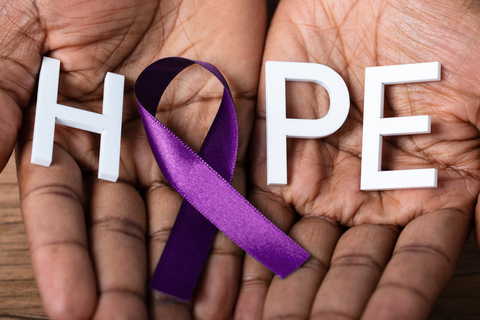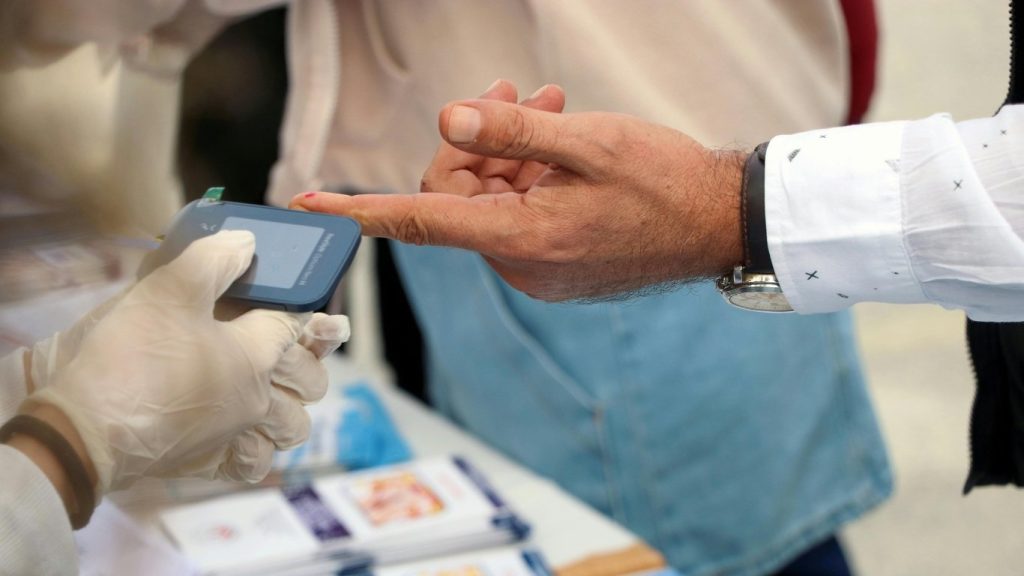Data
Harnessing big data to achieve health equity in South Carolina
With $1.2 million in funding from the National Library of Medicine, researchers at the Medical University of South Carolina (MUSC) and Clemson Univ...
Sexual Orientation and Gender Identity Data Collection in Oncology Practice: Findings of an ASCO Survey
Purpose:
Lack of collection of sexual orientation and gender identity (SOGI) data in oncology practices limits assessment of sexual ...
Exploring Cancer and Health Data on Asian American and Pacific Islanders
Newswise — New Brunswick, N.J., May 19, 2022 – The Asian American and Pacific Islander (AAPI) community collectively represents people of many diff...
Ethnicity and palliative care: we need better data – five key considerations
Complete and valid ethnicity data are essential for monitoring racial and ethnic disparities but consideration needs to be given to collecting data...
New Poll Highlights Minority Populations’ Healthcare Experiences, Priorities, and Solutions
Today, the National Hispanic Council on Aging (NHCOA) and National Minority…
Source link
Clinical Trials and the Data Diversity Problem – HIStalk
Clinical Trials and the Data Diversity ProblemBy Liz Beatty
Liz Beatty is chief strategy officer for Inato of Guilford, CT.
Minority and mar...
Trending Topics
Features
- Drive Toolkit
Download and distribute powerful vaccination QI resources for your community.
- Health Champions
Sign up now to support health equity and sustainable health outcomes in your community.
- Cancer Early Detection
MCED tests use a simple blood draw to screen for many kinds of cancer at once.
- PR
FYHN is a bridge connecting health information providers to BIPOC communities in a trusted environment.
- Medicare
Discover an honest look at our Medicare system.
- Alliance for Representative Clinical Trials
ARC was launched to create a network of community clinicians to diversify and bring clinical trials to communities of color and other communities that have been underrepresented.
- Reducing Patient Risk
The single most important purpose of our healthcare system is to reduce patient risk for an acute event.



















